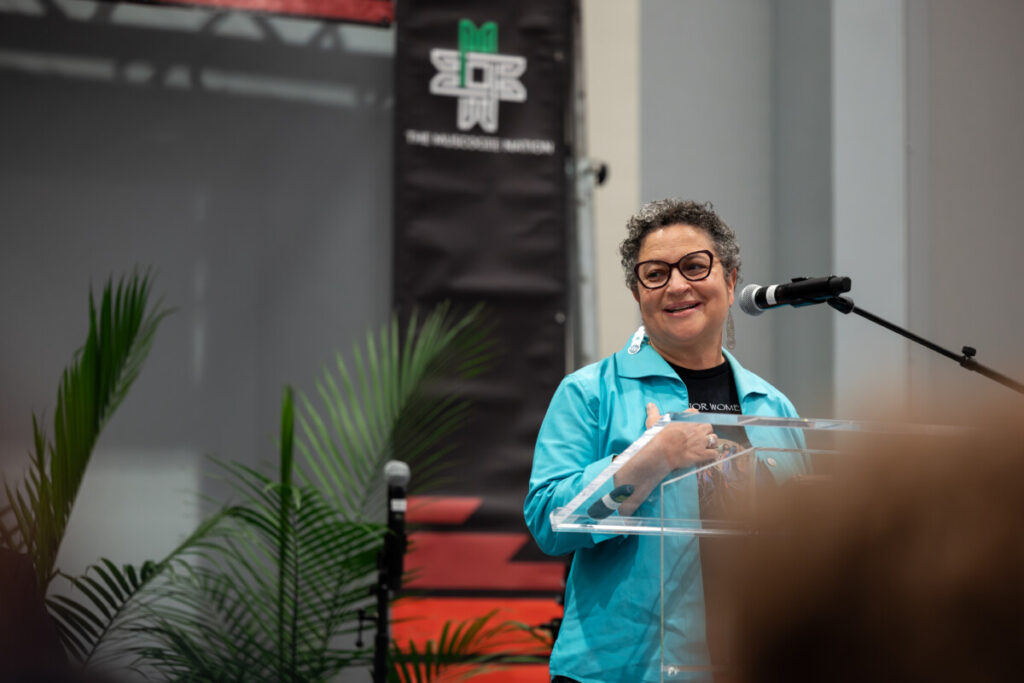
Doctoral program alumnus Dr. Craig Perry has published his first monograph, Slavery and the Jews of Medieval Egypt: A History, with Princeton University Press. Perry’s book reconstructs the social history of slavery in Cairo at a pivotal period in the city’s history, showing how the slave trade and slavery shaped everyday life, state diplomacy, and the formation Jewish and Arab-Islamic culture.
Dr. Arnold Franklin, Associate Professor at Queens College, City University of New York, describes Perry’s book as “a major contribution to historians’ understanding of one of the most pervasive and consequential institutions in the medieval Islamic world.” David Eltis, Robert W. Woodruff Professor Emeritus at Emory, describes the work as “a brilliant reconstruction of slavery and slaveowners in the Jewish community of medieval Cairo drawing on the vast but highly fragmentary records of a synagogue.”
Perry received his doctorate in 2014. He is assistant professor in the Middle Eastern and South Asian Studies Department at Emory. Read the full abstract of Slavery and the Jews of Medieval Egypt below and find more on the Princeton UP book page.
In this book, Craig Perry mines a remarkable cache of fragmentary documents preserved in an Egyptian synagogue to write a new history of slavery and the slave trade in the medieval Middle East. These documents—which range from the everyday correspondence of traveling merchants to legal queries sent to Jewish jurists—provide the richest surviving archive for the social history of slavery during the centuries when Cairo was an imperial and commercial capital at the intersection of the Mediterranean and Indian Ocean worlds. Perry draws on this archive, known as the Cairo Geniza, to shed new light on such crucial topics as the slave trade in state diplomacy, the entanglements of gender and household slavery, and the lives of the enslaved.
Perry chronicles a protean slave trade that trafficked enslaved people from Europe, Africa, and India to the Egyptian market. His account cuts across different scales of analysis, from the macro-level of imperial rule to the micro-level of the family kitchen. Along the way, he upends the traditional story of Passover; medieval Jews, he writes, could explain slavery to their children by pointing to the enslaved people who served the holiday meal. When freed, some former slaves converted to Judaism and became the parents of Jewish children. Perry’s narrative reveals a world, long hidden from historians, in which enslaved people made their way through the alleys of Cairo, toiled in the workshops of apothecaries, and found ways to evade the surveillance of their owners. With this book, Perry writes enslaved people into the social and economic life of medieval Islamic society.











